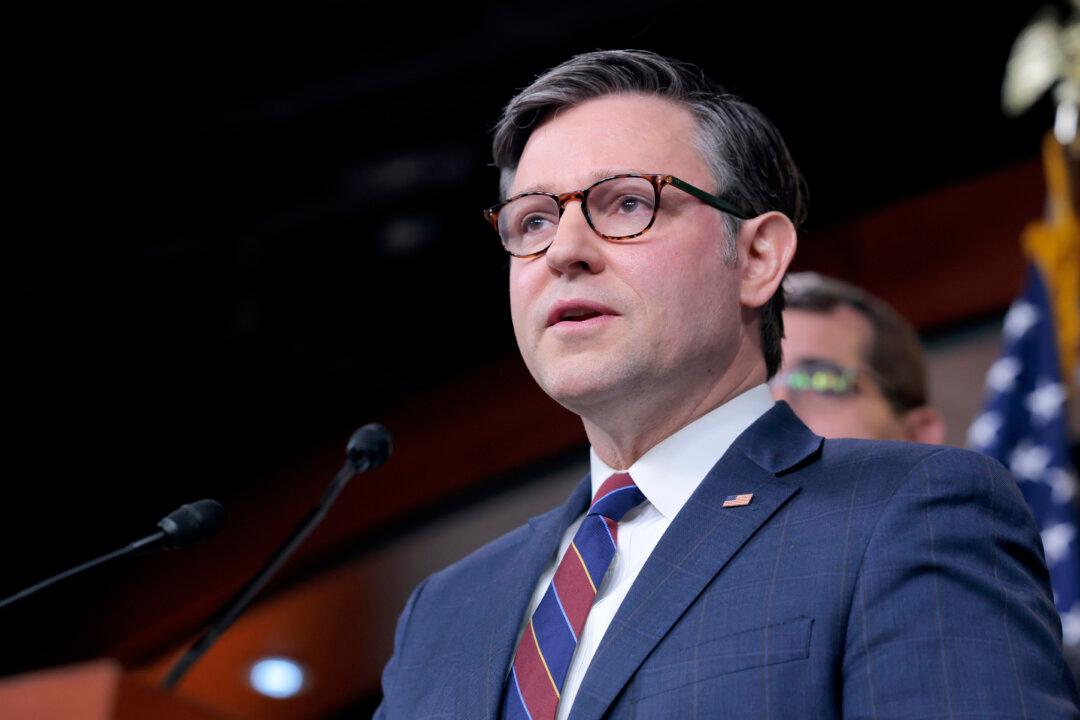House Speaker Mike Johnson (R-La.) pulled a vote late on April 9 on the Senate’s compromise budget resolution that would have allowed Congress to move forward with President Donald Trump’s agenda.
The decision to pull the vote—after a previous vote was held open for an hour and 15 minutes—was made as several Republicans remained opposed to various aspects of the package.





